
From 30 January to 1 February, Unisa and Prof Hasina Ebrahim, UNESCO Co-chair in Early Childhood Education, Care, and Development, hosted the UNESCO African Collaboration Initiative. The intention of this gathering was to strengthen the understanding of networks that are significant in building capacity in Africa for early childhood care and education (ECCE) representatives from South Africa, Zambia, Lesotho, Malawi, Senegal, Mauritius, and Nigeria came to share. This scoping exercise led to identifying strengths, gaps, and the way forward. As an integral part of this initiative, African scholars also engaged with undergraduate curriculum development for the early years.
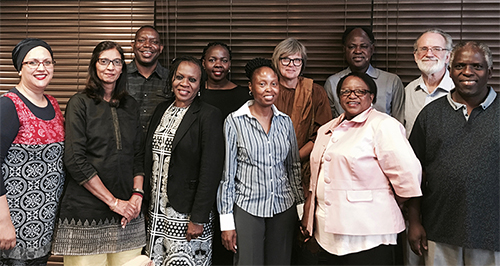
Delegates to the UNESCO African Collaboration Initiative
Prof Nkidi Phatudi, Unisa’s Early Childhood Education Chair of Department, noted in brief: “We need to put our heads together as a continent if we are to make a difference for ourselves and this field. We know that the importance of ECCE is not always held to the standards that it must be, but we also know the depths of the impact that we have.”
UNESCO co-chairs, Ebrahim and Professor Alan Pence spoke primarily on the achievements garnered in the ECCE field in Africa and how best to formulate plans for the move forward with the call for Africanisation as an underpinning and cross-cutting issue in the field.
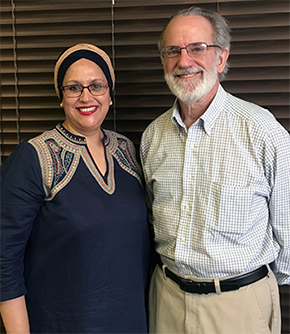
UNESCO Co-chairs in Early Childhood Education, Care, and Development, professors Hasina Ebrahim and Alan Pence
“We’re starting to see ECCE shift from the private space into the public space,” said Ebrahim. “We’re interested in human resource development strategies in teacher education, and for that we need to look at local knowledge production. We habitually see knowledge travel from the top down, but it needs to begin from the bottom up. We have been traditionally positioned as receivers of knowledge and this has disempowered us as knowledge producers. We’re given the answers before we ask the critical questions.”
Pence noted that his excitement at the collaboration came from an urge to see how ideas could be shared and how information and experience could shape the future of ECCE in Africa. “We need to see and experience through the dissemination of knowledge, what exciting new initiatives are taking place across sub-Saharan Africa. And we need to note how we can maximise the benefits of these initiatives and how we can make the necessary resources available to them. We’re moving in the direction of undergraduate studies in ECCE. But getting access to these programmes is often a heavy task and we need to make them easier to come by. The knowledge needs to get out through a sharing process, so we can pick one another’s brains.”
“It’s about collaboration,” said Ebrahim. “And specifically about networking. Because what is collaboration without a strong network of individuals, and even those with differing ideas? We need to listen, understand, and develop shared responses. We need to appreciate our uniqueness.”
“One of our objectives is not to work in silos,” Ebrahim went on to say. “We’re interested in African-led solutions. Let us not forget that we have an overarching goal that we are working towards. We have a reality to face in 2050 when Africa will be the home to a significant number of children. We need to set some foundations for this reality.”
“While some individual countries are doing well, there is an oscillating downward trend,” said Pence. “We need to learn not just from our successes, but from our failures. If we are going to achieve what we have set out to do, we will need to dissect and understand these failures, to better learn from them as we move forward.”
*By Carmen Taxer
Publish date: 2018-02-22 00:00:00.0
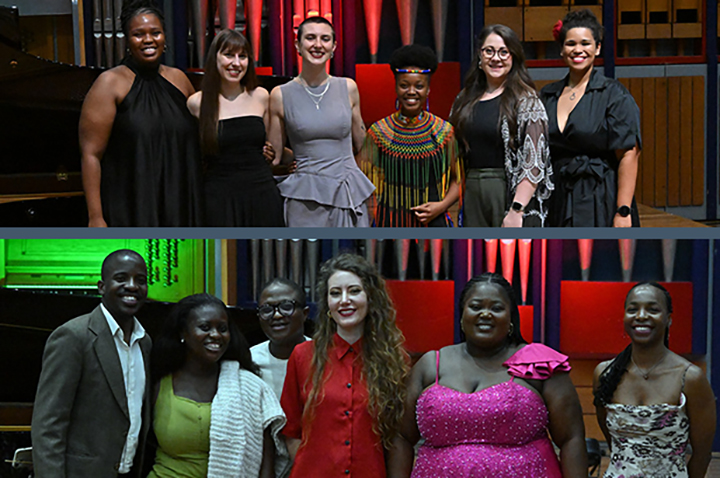 The 7th Unisa International Voice Competition nears the finale
The 7th Unisa International Voice Competition nears the finale
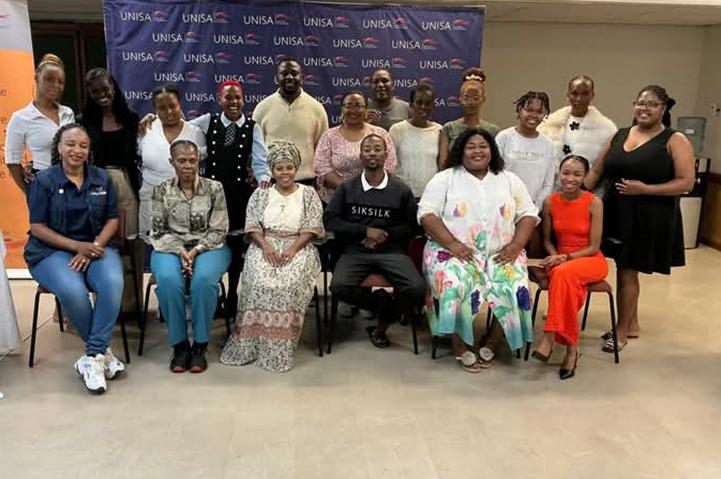 Unisa expands ways to hear student voices
Unisa expands ways to hear student voices
 THE Rankings demonstrate Unisa's unceasingly enhanced academic agenda
THE Rankings demonstrate Unisa's unceasingly enhanced academic agenda
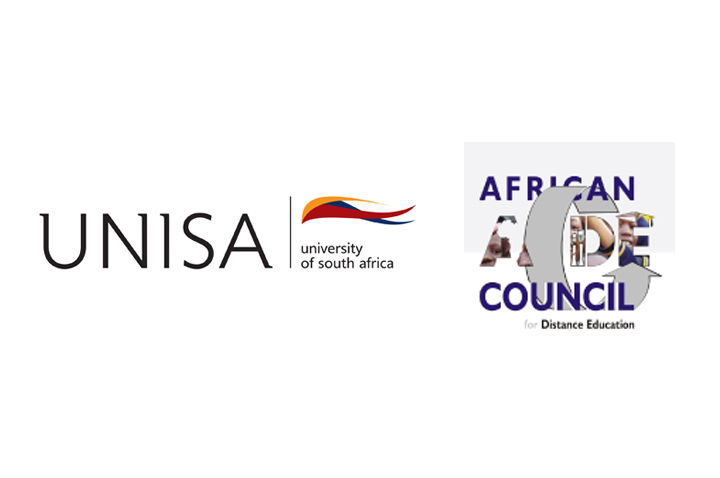 Unisa to host the illustrious ACDE's 20th Anniversary Seminar
Unisa to host the illustrious ACDE's 20th Anniversary Seminar
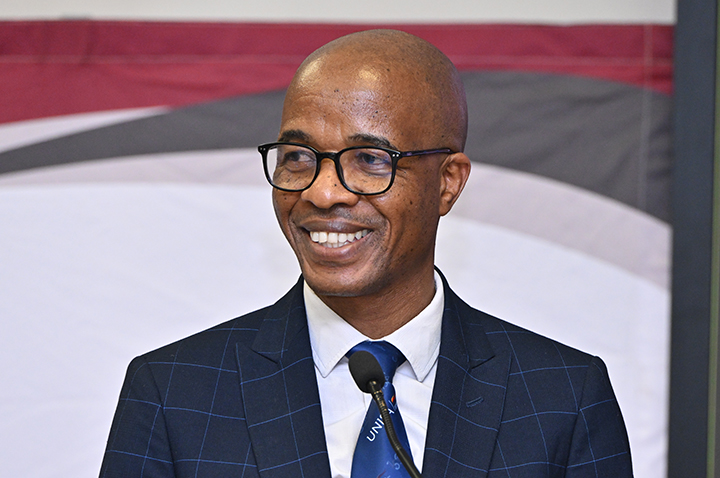 Unisa scholar honoured for reimagining Africa's archival future
Unisa scholar honoured for reimagining Africa's archival future